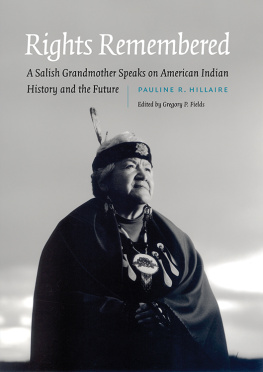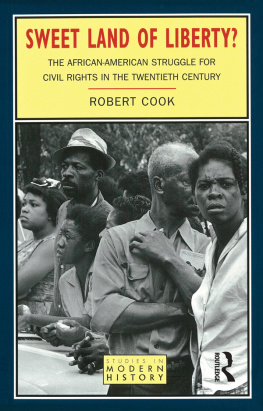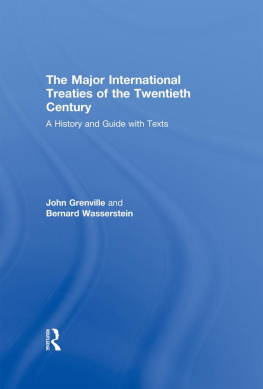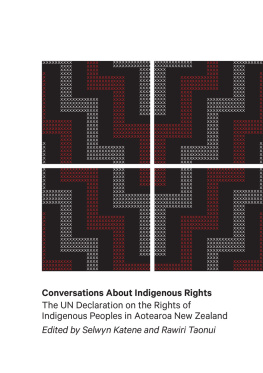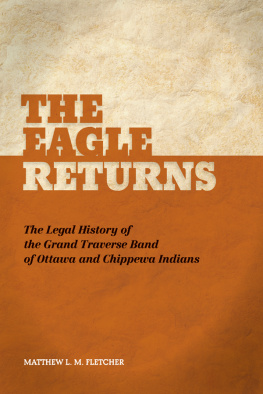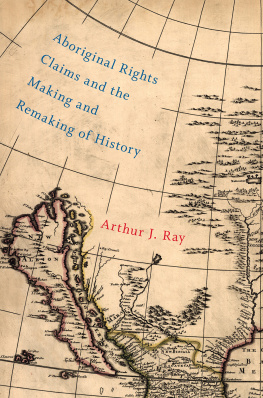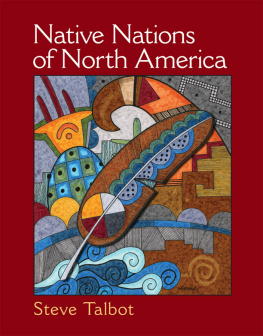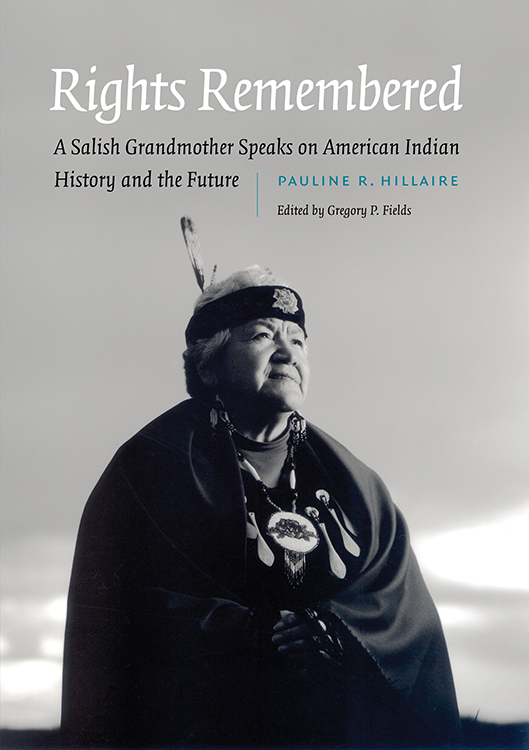
As a culture bearer and revered elder of the Lummi Nation, Pauline Hillaire (ScllaOf the Killer Whale) is a national treasure. In Rights Remembered she brings her distinctive voice to the issues of treaty rights, subsistence, and the revitalization of indigenous cultures. Comparable in scope to the work of Vine Deloria, this book provides a much-needed perspective on American history and the encounter between Native people and Euro-Americans in the Pacific Northwest. It is an invaluable contribution.
Suzanne Crawford OBrien, author of Coming Full Circle: Spirituality and Wellness among Native Communities in the Pacific Northwest
Pauline Hillaire has spent a lifetime documenting her tribes rights. Together with Gregory Fields, she has created a monumental plea for the recognition of Lummi and other Northwest Coast Native American rights in a work grounded in the evidence and enlivened with her familys personal stories.
David R. M. Beck, coauthor of Seeking Recognition: The Termination and Restoration of the Coos, Lower Umpqua, and Siuslaw Indians, 18551984
Rights Remembered
American Indian Lives
Series Editors
Kimberly Blaeser
University of Wisconsin, Milwaukee
Brenda J. Child
University of Minnesota
R. David Edmunds
University of Texas at Dallas
Clara Sue Kidwell
University of Oklahoma
Tsianina K. Lomawaima
University of Arizona
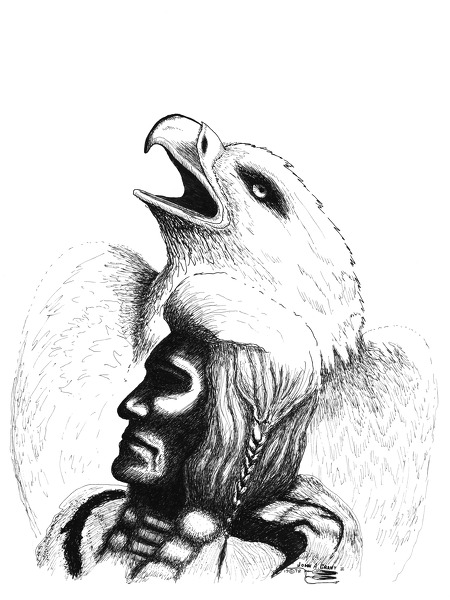
Rights Remembered
A Salish Grandmother Speaks on American Indian History and the Future
Pauline R. Hillaire
ScllaOf the Killer Whale
Elder of the Lummi Tribe
Edited by Gregory P. Fields
University of Nebraska Press | Lincoln and London
2016 by the Board of Regents of the University of Nebraska
Cover image is from the interior
Author photo Jill Sabella
All rights reserved
Funding for this book and its companion media was provided by Southern Illinois UniversityEdwardsville; the Edwardsville ( IL ) chapter of the National Society of the Daughters of the American Revolution; SoundWise Studios, Bellingham, Washington; the Jack Straw Cultural Center, Seattle; and the family of Pauline Hillaire.
Frontispiece: Eagleman by John A. Grant II (Colville Confederated Tribes), Nespelem, Washington, b. 1930.
Library of Congress Cataloging-in-Publication Data
Names: Hillaire, Pauline, 1929 | Fields, Gregory P., 1961
Title: Rights remembered: a Salish grandmother speaks on American Indian history and the future / Pauline R. Hillaire (Sclla of the Killer Whale, Elder of the Lummi Tribe); edited by Gregory P. Fields.
Description: Lincoln: University of Nebraska Press, 2016. | Series: American Indian lives | Includes bibliographical references and index.
Identifiers: LCCN 2015028638
ISBN 9780803245846 (cloth: alkaline paper)
ISBN 9780803285781 (epub)
ISBN 9780803285798 (mobi)
ISBN 9780803285804 (pdf)
Subjects: LCSH : Hillaire, Pauline, 1929 | Salish IndiansBiography. | Salish womenBiography. | Indian grandmothersNorthwest, PacificBiography. | Salish IndiansSocial life and customs. | Salish IndiansPoetry. | Indians of North AmericaNorthwest, PacificGovernment relationsHistory. | Indians, Treatment ofNorthwest, PacificHistory. | Indians of North AmericaNorthwest, PacificTreaties. | Northwest, PacificRace relationsHistory.
Classification: LCC E 99. S 2 H 45 2016 | DDC 978.6004/979435dc23 LC record available at http://lccn.loc.gov/2015028638
The publisher does not have any control over and does not assume any responsibility for author or third-party websites or their content.
For my father
Joseph R. Hillaire
Kwul-kwul tw: Spirit of the War Club
Lummi, 18941967
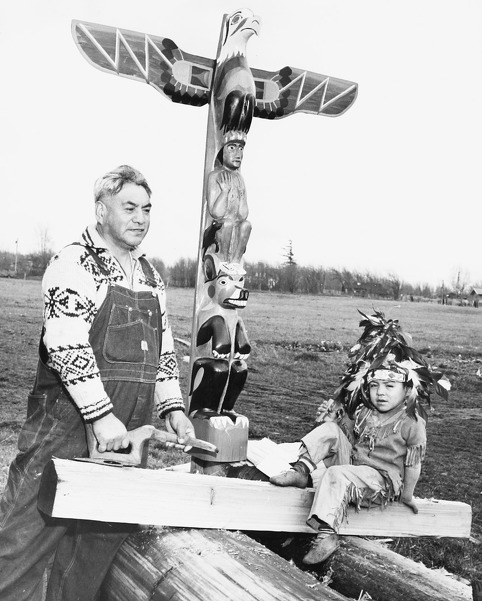
Joseph R. Hillaire, Kwul-kwultw, Spirit of the War Club (Lummi, 18941967), with great grandnephew Ernie Lewis, 1952. Pauline Hillaire Archives; image #1995.0001.000018, Jack Carver, Whatcom Museum, Bellingham, Washington.
Contents
Figures
Maps
As I wrote this book, I truly followed a desperate trail. Alone, I would never have made it. With the help of my sister, Mary Ellen Hillaire, my father, Joseph R. Hillaire, my grandfather, Frank Hillaire, my mother, and all my brothers and sisters, I remain encouraged, even at the end. You see, my entire family was with me, spiritually. Their words did not haunt me; they helped me. The Great Spirit played the most important role in this enormous task. There were times when I thought, no; this should not be done. But the messages began to sound better and better, so I continued. Friends and relatives in this world encouraged me. Never disregard heartfelt encouragement. It seems to clear the littered pathway to your goal as if by pure magic.
With this book, I reach out to those strong, healthy, and curious future generations and encourage them to never give up. The strength of our ancestors remains with us. All we have to do is discover it and continue to the end of the trail. My focus remains on our Indian youth: children, grandchildren, and great grandchildren. I see amongst them very talented people, surging forward with sacred curiosity. They have the qualities that our ancestors saw in earlier generations. Hope will help carry you, and persistence pays offnot that you will get richer and richer, but that your hearts maintain a steady path forward.
As you read my book, keep my message clear in your mind. My prayer is for more land and for the rights of Indian people across America. Please study the philosophy of our elders. In addition, study the philosophy of the few U.S. officials who cared, but who couldnt get very far with their hopes for us, because of Indian policy and law.
There are two sides to making a law strong for the people. One side is the character of the people who make the law; the other side is the strength of those who carry the law through barriers in behalf of the people. Setting policies and ensuring that policies are appliednationally, and in your own localityis a challenge. Some of us were born without that particular talent. Therefore, we must watch for the individuals who can face the challenge. We must review their strengths, courage, tenacity, and their capability to carry the ball, and like the champions they are, make the scores needed to get us to the right place.
I chose to investigate the U.S. government documents because of my fathers encouragement. My sister followed in his footsteps; in her lifetime, she too conveyed important messages to, and on behalf of, our Indian people. I chose my father and my sister as role models because of their ability to communicate to relatives, friends, and the population at large. For over forty years, I carried my research documents with me from place to placethinking about them, placing them in perspective, absorbing images of the past, present, and future, in my efforts to tie them togethertrying to make sense of that world of words. And that took time and patience. Not once was I tempted to throw anything away. The messages were loud and clear: messages about land, law, survival, timidity, and questions about how things could be set right.
Our treaty rights are, first of all, rights that we have reserved. I hope that this book will help show how our Indian leaders have remembered our rights, and I hope it will help Indian and non-Indian citizens and leaders to remember our history and our rights. Laws and policies are extremely important, like gems and jewels in a treasure place. Perseverance is the key, and love is the light.

